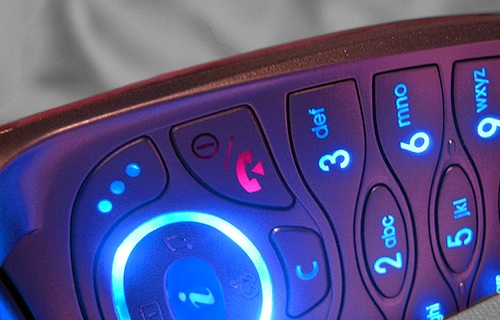Consumers hoping for a cut in mobile interconnection rates next month are set to be disappointed after the Independent Communications Authority of SA (Icasa) indicated on Monday that it would not consider a proposed voluntary reduction in the fees by the mobile operators.
Interconnection rates are the fees the mobile operators charge each other and other network operators to carry calls onto their networks. They have been set at a relatively high R1,25/minute in peak calling times for several years.
MTN, Vodacom and Cell C agreed in discussions facilitated by communications minister Siphiwe Nyanda that they would reduce the rate to 89c/minute in peak times while leaving the off-peak rate unchanged at 77c/minute. The reduction was to have taken effect at midnight on 1 March.
It now appears highly unlikely that the rate will be cut until Icasa is able to regulate the market and determine what the rates should be. The authority says the mobile operators are trying to force it into agreeing not to begin setting the rates until at least 2013.
Icasa says in a statement that it received interconnection amendment agreements between Vodacom, Cell C and MTN on Monday, 25 January. However, “these agreements sought to bind the authority to an undertaking not to review mobile termination rates until 1 March 2013. For this reason, the authority has decided not to review the interconnection amendment agreements as submitted.”
Icasa’s decision appears to add to evidence that the mobile operators have tried to reach an agreement on interconnection rates for the next three years without the authority’s buy-in.
In December, TechCentral revealed that MTN had sent letters to other communications companies, including ECN Telecommunications, that seemed to suggest that the three mobile operators had agreed to a glide path that would result in peak-time interconnection rates being reduced from 89c/minute in March 2010 to 85c/minute in October 2011 and, finally, to 80c/minute in October 2012. The off-peak rate would remain unchanged at 77c/minute throughout that period.
These rates are well above levels demanded by parliamentarians and by competing telecommunications providers and are far above the approximate 40c/minute Icasa has said it costs the mobile operators to carry calls over their networks.
Icasa’s decision not to consider the applications from MTN, Vodacom and Cell C is a big blow to them. All three are keen to retain control over when and by how much the rates are reduced.
Icasa, which came under heavy fire in parliament last year for allegedly kowtowing to the industry, is keen to prove its independence and show that it is willing to regulate the sector in the public interest. Its decision not to consider the mobile operators’ applications suggests it’s prepared to face down the industry on the issue.
“The authority is committed to releasing draft regulations on the effectiveness of competition in the wholesale call termination market in March 2010,” it says. “It is hoped that the outcome of these regulations will be a reduction in call termination charges as well as fair and equitable access to existing networks for all licensees.” — Duncan McLeod, TechCentral
See also:
- Subscribe to our free daily newsletter
- Follow us on Twitter or on Facebook





